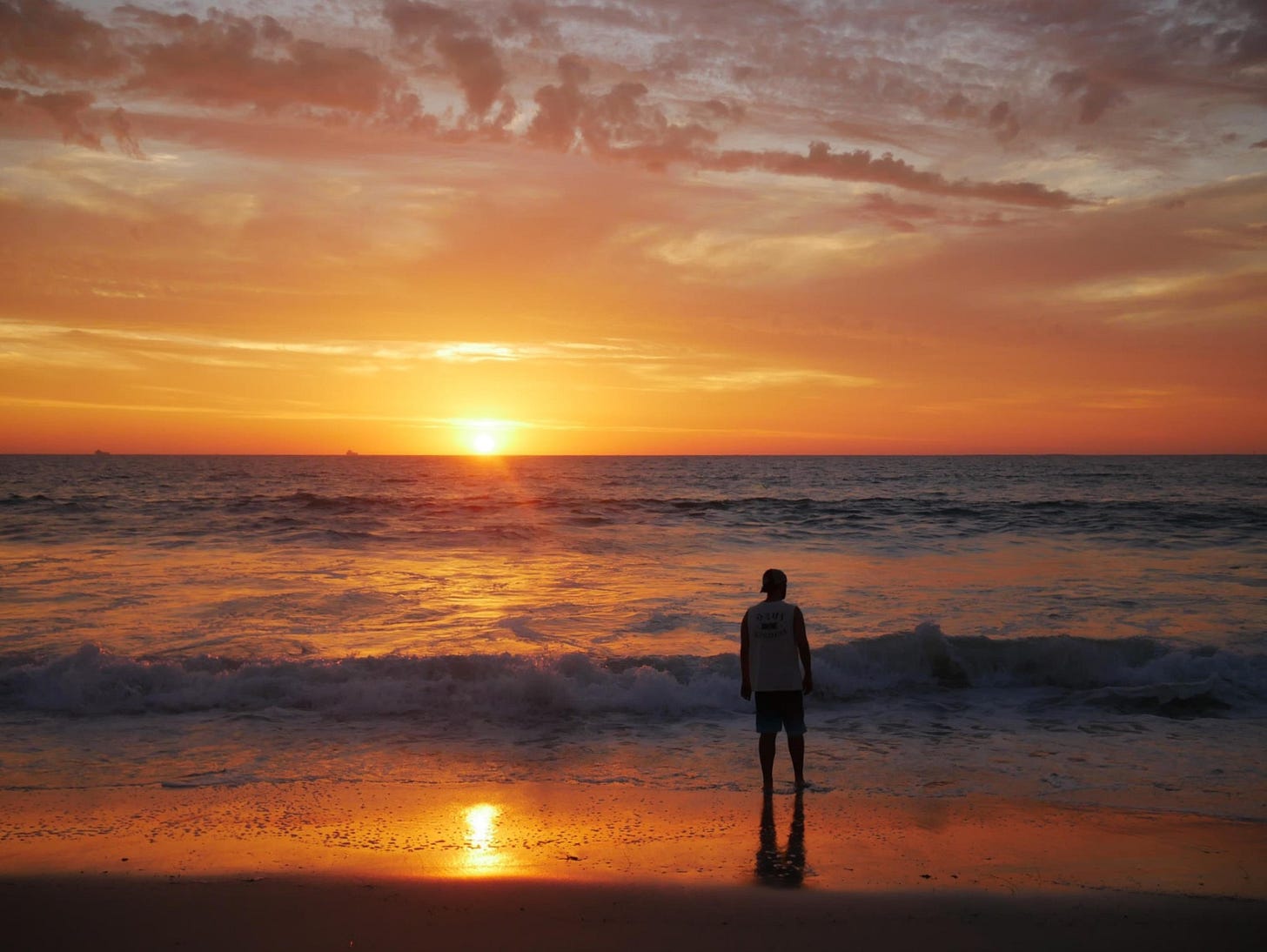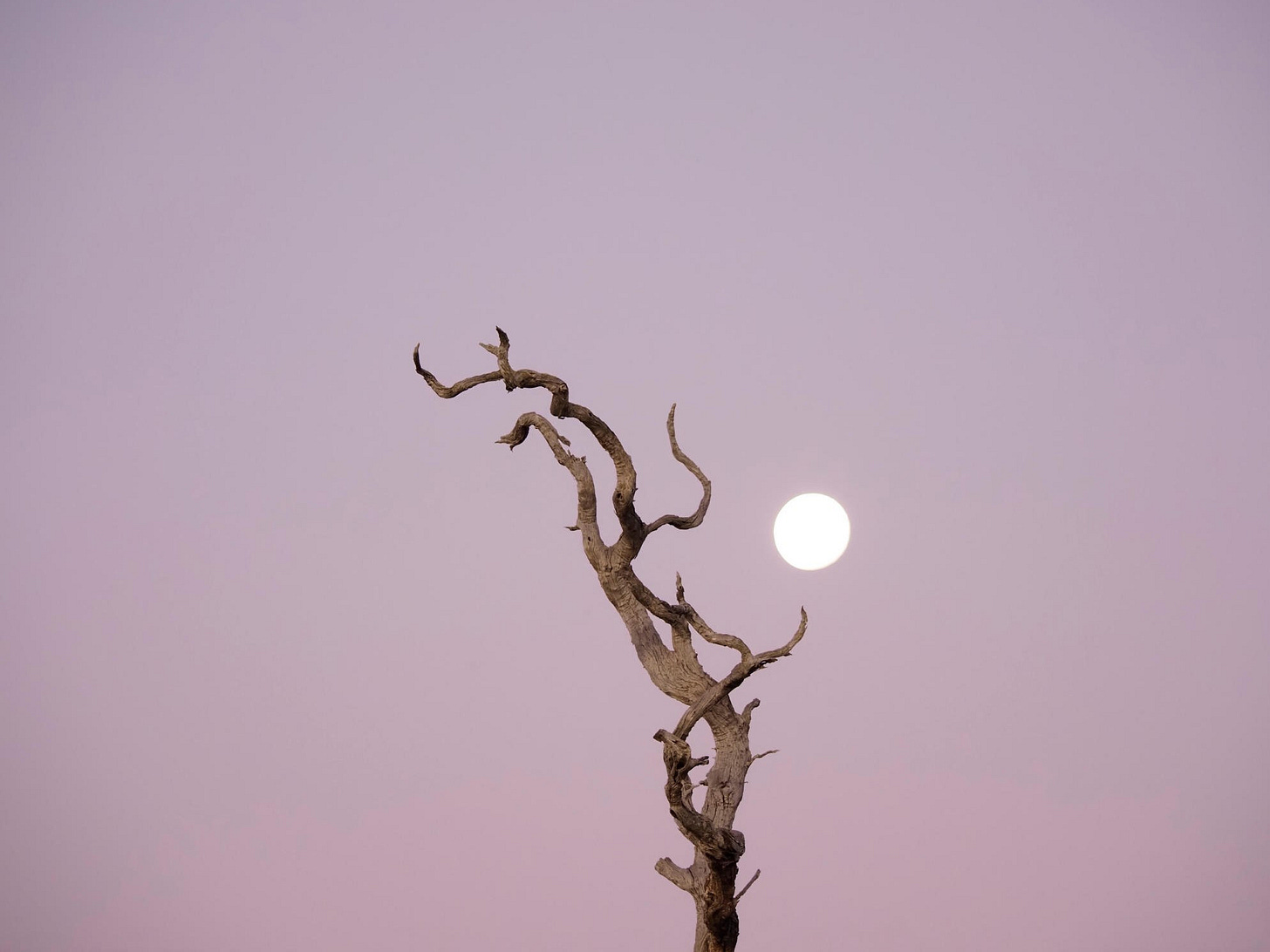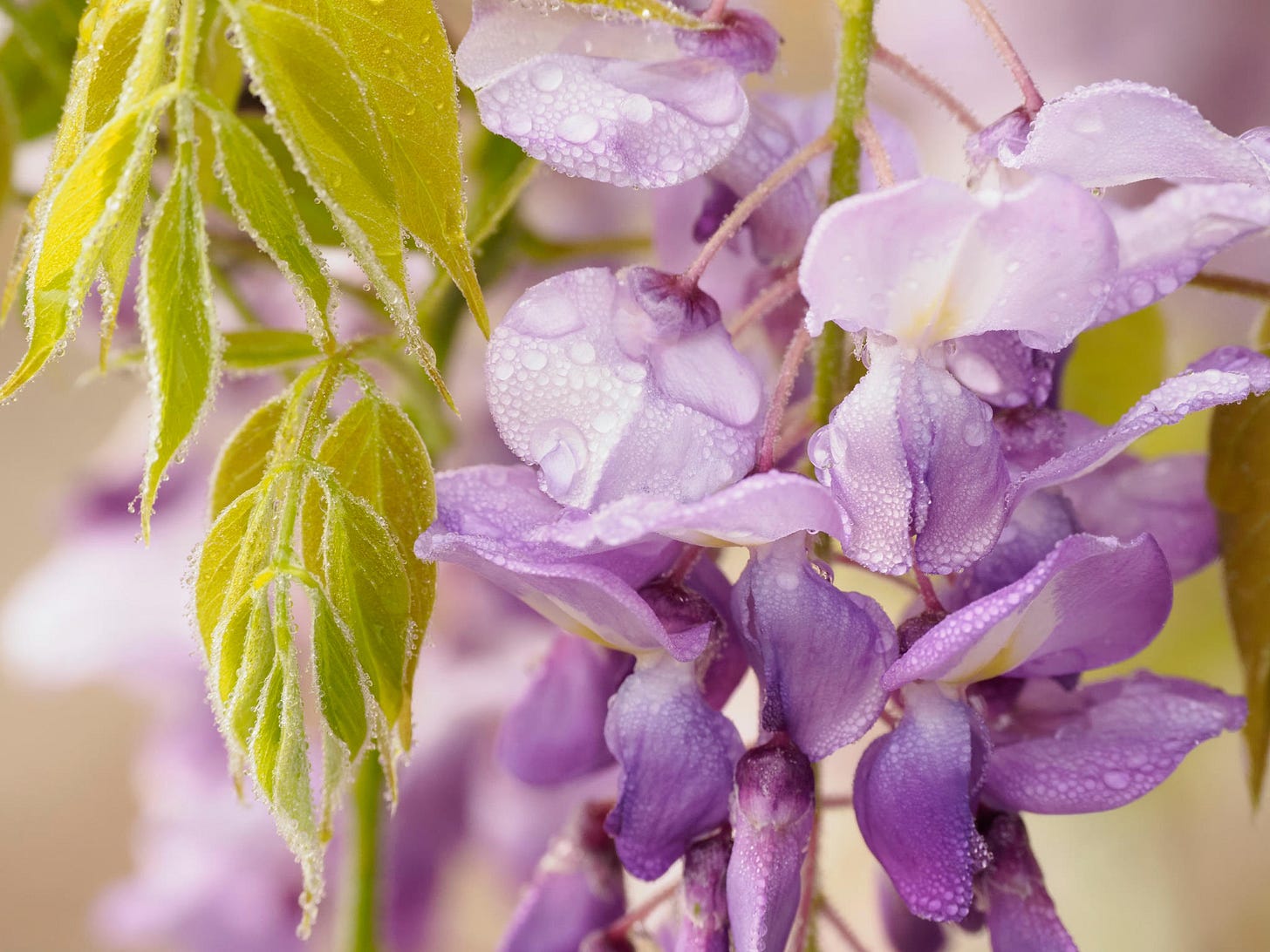Hey friends,
Today, I wanted to talk about using lemons as a tool to change our perspective.
I’ve been having a bit of a down week after getting some frustrating medical news and hitting a wall with my book project (possibly/probably related), and I’ve been having to put all the tools I’ve taught myself over the last few years into practice to help me find my path through it.
Truth is, we all have bad days/weeks/months/years. Some will be lemons, and some - like those when we’re on holiday - will be lemonade. (Although, if we put too much pressure on them to be lemonade then they can also turn into lemons, which is not fun).

In my case, I cleared my deck of paid jobs to work on this book project and instead have had to deal with debilitating pain that has made sitting at my laptop nearly impossible - while amid a 45°C+ heatwave. Cool. (Or, y’know, hot).
Talk about “best-laid schemes of mice and men”.
Even that phrase feels like lemons and lemonade. While this singular line has made its way into our collective consciousness as a reminder that plans will often be derailed, it was originally part of a poem called “To a Mouse, On Turning Her up in Her Nest with the Plough, November 1785”, which was written by Scottish poet Robert Burns out of guilt after said event.
Maybe more lemons for the mouse and lemonade for Robert Burns, though.
Yet, as great as it would be great to have lemonade days 365/366 days of the year, without lemon days, we might not even know they were lemonade days. They'd just be days.
And we’d probably still spend them scouting and scanning for danger (as we’re pre-programmed to do), and finding ways to make lemon mountains out of lemonade molehills.
Still, while all those lemon days may have us feeling like everything is stacked against us, there are things we can do to give us a better chance of turning them into lemonade. Or, at least, some slightly sweeter lemon days.
And so without further ado, here are some of my tips on how to shift our perspective - and they don’t involve writing poems. Unless you want to, of course.
1) Learn to love the lemons
My life these last few years has felt like an avalanche of lemons, one after another. But while initially, my goal was “lemon zero”, I finally figured out that I had to find a way to just get on with life despite the lemons rather than spending my whole time cleaning up spilled lemon juice and crying over the fact it isn’t lemonade.
I feel like I’m busting out all the old-timey proverbs today, but here’s another classic: “Life is what happens while you’re busy making other plans”.
I like interpreting this one in two ways:
1) the unpredictable nature of existence; a reminder that we are not actually in control of our lives as much as we’d like to be.
2) a reminder that those tiny, beautiful moments we cherish most often come when we least expect them.
The truth is, I’ve been slowly working on this book for the last few years, so another week or two isn’t going to derail the entire project. It might even make it better. Sometimes we need to live our questions a little longer to make a better book.
Thanks, Rilke and Krista Tippett for the sage advice, and for Oliver Burkeman’s great book, Four Thousand Weeks: Time Management for Mortals for reminding me that “lemon zero” is a futile goal.

2) Look for mini miracles
When we spend our whole lives chasing the big things, we forget to notice the little things. If we’re too busy chasing the big dreams, we forget to look out for all the little miracles helping us on our path.
As I mentioned above, we’re not actually as in control of our lives as we want to be. But, while a lot of people misconstrue this feeling of things being out of our control as negative, it can just as easily be positive. There are plenty of great things that happen every single day, but often we’re so programmed to look out for those “danger” signs that we forget to look for the good ones, too.
While I obviously don’t love the pain, it makes us slow down, and slowing down helps us notice all the beautiful things and take stock of where we are and what we have.
And although I’m not grateful for my pain, it does make me appreciate pain-free days more than ever and stop taking things for granted. A bit like how I will forever appreciate hot showers after spending four years in Cambodia with only cold showers and six months living in a car with no shower at all.
Books like Wintering by Katherine May and The Sound of a Wild Snail Eating by Elisabeth Tova Bailey are good resources if you want to dive deeper into this.

3) Benevolent breadcrumbs
Looking at our lives through a more positive lens helps us see all the little breadcrumbs that have helped get us to where we are right now - and the baby steps we can take to get to where we want to go.
I always find that when I look back on my life and see how things have unfolded, especially through writing it down, I find myself enthused, energised, and empowered.
By noticing and acknowledging all the struggles I’ve overcome to get where I am, I feel better equipped to keep going, even when things are tough.
Writing down my 15-year round-up was surprisingly helpful on this front. Check out parts one and two here.
4) Silver linings
For a realist, I am surprisingly good at finding silver linings. I can drive myself up the wall thinking about worst-case scenarios, but once things come to pass I tend to jump straight into looking for the positive things, as I mentioned last week.
Seeking out those silver linings and bright sides isn’t something that comes to everyone naturally, but it’s something we can all train ourselves to do. It helps if you can change your perspective and try to see things as a whole, rather than just focusing on one tiny element of the bigger picture.
In this case, I’m glad I cleared my decks of all this work. It meant I didn’t have the added stress of going back to clients, renegotiating deadlines, and/or forcing myself to work through the pain anyway because I don’t like letting people down.
The joy of being a recovering people-pleaser. I am getting much better at asking for what I need, but it takes time and practice.
5) Know you’re not alone
The above quote about life and plans actually dates back to an Old Testament proverb circa 350 BCE: “A man’s heart deviseth his way: but the Lord directeth his steps”.
Now, I’m not conventionally religious in the slightest, but I also believe that there are higher powers at play than us mere mortals. The same powers that keep the Earth spinning and the flowers flowering and migrating birds migrating and seasonal cycles cycling.
The simple fact we’re lucky enough to be born here as organic beings on this beautiful planet also means we’re subject to these forces, too, even if we can’t always feel them.
If that doesn’t make you believe in miracles, then maybe the fact we are literally made of stardust might. Or this song by The Streets, which is pretty good if you’re feeling a little low.
6) Zoom out
In 2022, scientists estimated that 117 billion people have been born over the last 192,000 years. Of those, 109 billion have passed, with eight billion are alive now. Those are whooping numbers.
You + 116,999,999,999 other people.
Given how many of us have ever existed, the chances of you being entirely alone and unique in whatever you’re feeling is pretty low, really. Of course, specific circumstances will always change, but deep down, we’re communal creatures and we don’t like to feel like we’re alone in whatever we’re going through.
When I’m in a particularly tricky spot, I like to zoom out and imagine all the struggles of those 116,999,999,999 other people, and it helps me put things in perspective.
Even if I hadn’t cleared the decks and had to push back on some deadlines, I know wouldn’t have been the end of the world. Chances are it wouldn’t have been the end of my freelancing career or my relationships with those editors either, no matter what the catastrophising voice in my head likes telling me in moments of weakness.
Everyone knows lemons happen, but it’s how we deal with the lemons that decides whether they’re just lemon juice or lemonade.

7) Let it go
There are more than a few ways of letting things go, but us humans seem to like harbouring things as long as possible or suppressing them so they can keep on doing us harm.
I much prefer thinking of myself like an animal, who, after getting a burst of adrenaline for whatever reason, be it fight - for food - or flight/freeze - for fear of being food to something else - does a little shake off to discharge the residual energy.
I’m not going to go into all the effects of trauma on the body here (even though said chronic pain is a result of it) but after spending years of my life holding onto a lot of shit, these days I’m all about letting it go.
8) Get out of your body
Truth be told, I’m not really into dancing or yoga or breathwork or many of the somatic healing practices people tend to do to get rid of “blocked energy”. But, when I’m anxious, stressed, worried, worked up, depressed, frustrated, in pain, or any combination of the above, I usually go on a walk or gentle bike ride.
It helps me get out of my head and into my body, and remind myself that there’s a whole world out there that exists outside of me.
If it’s too hot to go outside (the aforementioned heatwave is making it pretty difficult), I’ll try to do sensory grounding techniques like:
Five things I can see
Four things I can hear
Three things I can touch
Two things I can smell
One thing I can taste, etc.
If even that feels too hippy-dippy, I stick my macro lens on my camera and play with light and close-up patterns. I love creating but find that a blank canvas can be too daunting if I’m not in the right headspace, whereas photography helps me literally change my perspective and the way I see the world.

9) Write it out
Lastly, and perhaps the least surprising of all, given my chosen profession; one of my favourite ways of changing my perspective is to write things down.
Like Robert Burns writing a poem to appease his guilt, writing things down helps me process what I’m feeling, shift my perspective, and feel less alone in the world.
In fact, writing helps us do all of the above:
Writing helps us better identify the lemons and the things we need to do to turn them into lemonade.
Writing trains us to look for mini miracles, benevolent breadcrumbs, and silver linings in our lives and feel better about everything we’ve achieved, how far we’ve come, and where we’re going.
Writing things down helps us feel less alone and misunderstood.
Writing things down makes it easier to zoom out, gain clarity/context, and change our perspective
Writing things down releases their power over you and helps you let them go. Some people write things down and burn them as a way to physically let things go, but I often find seeing them written down is enough.
Writing things down is an active process. It helps you get out of your body and physically move the energy through you through writing by hand, typing, or even dictating things to text.
Honestly, even writing this down has helped me immensely. Even if it did take me all day and I had to write half of it on my phone either on the couch or lying flat on my back trying not to drop my phone on my face... Not sure that would’ve helped much with the pain.
My hope, though, is that it will also be of benefit to you. If it is, feel free to save it and come back to it like a toolkit anytime you need a little pick-me-up.
One of the greatest things I’ve learned on this whole life journey thing is that it’s okay to ask for help, and if it’s offered, it’s even better. So this is my offering to you today. If you like it, please feel free to share with your friends, let me know in the comments, and/or subscribe for more.
All my love,
Cassie x





